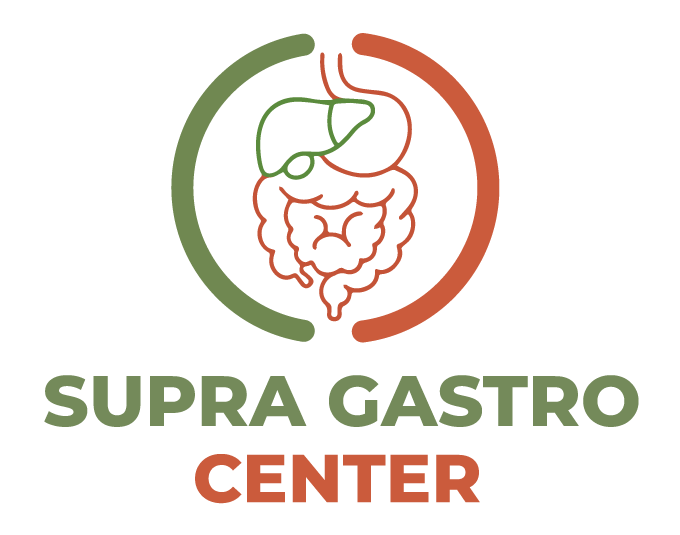Gastric and esophageal disorders encompass a range of conditions affecting the stomach and esophagus, leading to symptoms like acidity, pain, reflux, ulcers, and swallowing difficulties.
-
Working Hours: 05.00PM - 09.00PM
-
Email : contactsupraclinic@gmail.comEmail : contactsupraclinic@gmail.com
-
Phone Number : +91 9347665652Phone Number : +91 9347665652

